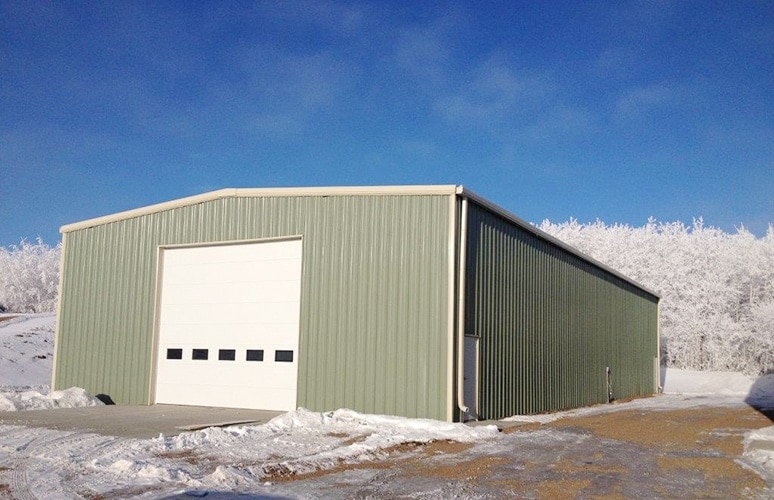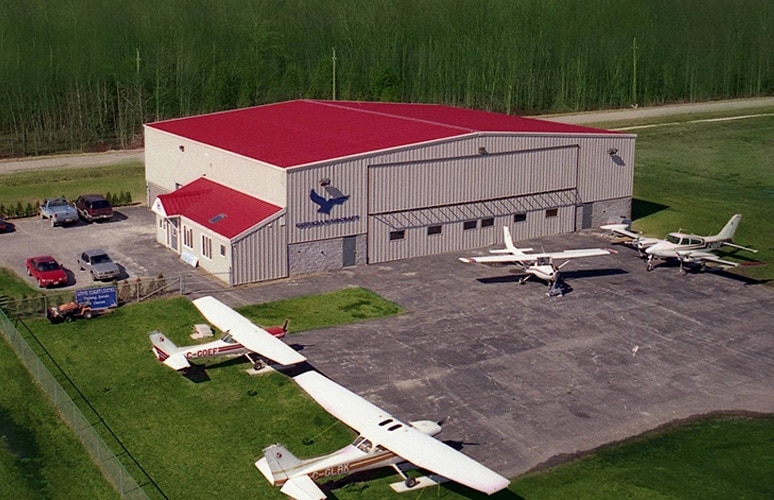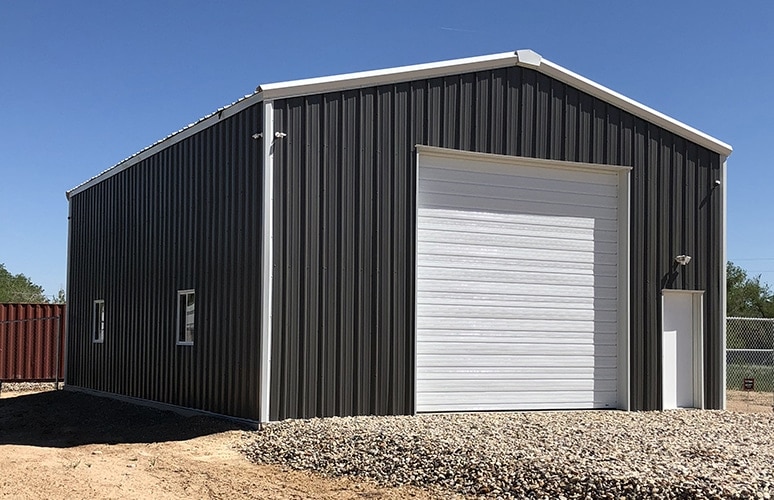Why Insuring a Steel Building Costs Less
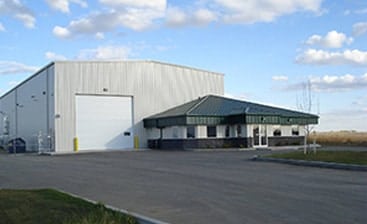
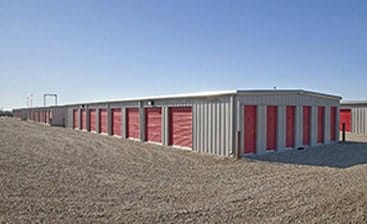
Typically, insurance premiums for steel buildings are consistently lower than those for other structures made of traditional materials such as wood or brick. Let’s take a closer look at why that is.
Factors That Determine Insurance Premiums
When insurance companies are deciding their rates for building insurance, there are several things they consider. These things help to determine the risk for damages to the structure. If the chances for damage are determined to be low, then the premiums will also be low. The factors that influence your risk are:
- Age – How old the building is.
- Area – The size of the lot, quality of land, and local real estate market.
- Business Use – If the building is used as a business, and if so, whether chemicals or machines are used.
- Damage Potential – The likelihood of damaging natural conditions in the area.
- Materials and Structure – The strength and damage resistance of the materials and building system.
- Occupancy – How many people live or work at this building regularly.
- Safety Features – The addition of smoke alarms, sprinklers, emergency exits and more.
- Size – How big the structure is.
The Impact of Building Classifications
There are six building classifications that a structure can fall into. Each classification impacts the insurance rates for that building.
- Classification 1: Frame – Wood and composite structures fall into this category. They are more prone to collapsing or burning, and insurance premiums are the highest of all classifications.
- Classification 2: Jointed Masonry – These structures use concrete as well as wood. This results in a higher fire-resistance and stronger structure, leading to approximately 5% lower premiums than classification one buildings.
- Classification 3: Noncombustible – Buildings in this classification feature outer walls made of noncombustible materials. Pre-engineered low-rise steel buildings will often fall into this classification. Insurance discounts can be up to 30% lower than those in classification two. Adding fire safety measures like sprinklers and alarms can help to reduce insurance rates further.
- Classification 4: Masonry Noncombustible – This classification contains buildings where the outer wall is made of concrete or brick. Large commercial and industrial buildings often featuring multiple levels are in this classification. Insurance costs can be lower than buildings in classification three, but there is also a higher initial construction cost.
- Classification 5: Modified Fire-Resistive – These are multi-floored structures that often are used by many people, such as office buildings, high rise buildings and shopping centers. The building’s construction adds additional fireproofing materials and methods and can have lower insurance rates than those in classifications 1-4.
- Classification 6: Fire-Resistive – Similar to classification five, but with more fire-prevention material and building methods. They often cost the most to build and have insurance rates slightly higher than those in classification five.
Why Metal Building Insurance Is Lower
An insurance premium is primarily based on the cost of needing to replace a structure in addition to other factors. If your structure is more resistant to damage, the risk for the insurance company is less, lowering your rates. If your building is also economical to build, it has a lower cost to replace, further reducing your premiums.
A steel building is structurally stable, fire-resistant and resistant to mold and pests. This helps to lower the premiums. Additionally, because a steel structure often costs less to build than one made from traditional materials, the cost to replace it is less, helping to reduce insurance rates even further.
Contact Us to Learn About the Additional Benefits of Steel Buildings
Building with steel is a smart choice regardless of the type of structure you’re looking to create. It is durable, eco-friendly, economical, long-lasting and versatile, allowing you to construct anything you need. In addition, every steel building sold by Toro comes with a 40-year rust-free warranty. For more information, please contact us at 1-877-870-8676 or submit an online request for a free quote.
Related Post
"*" indicates required fields


